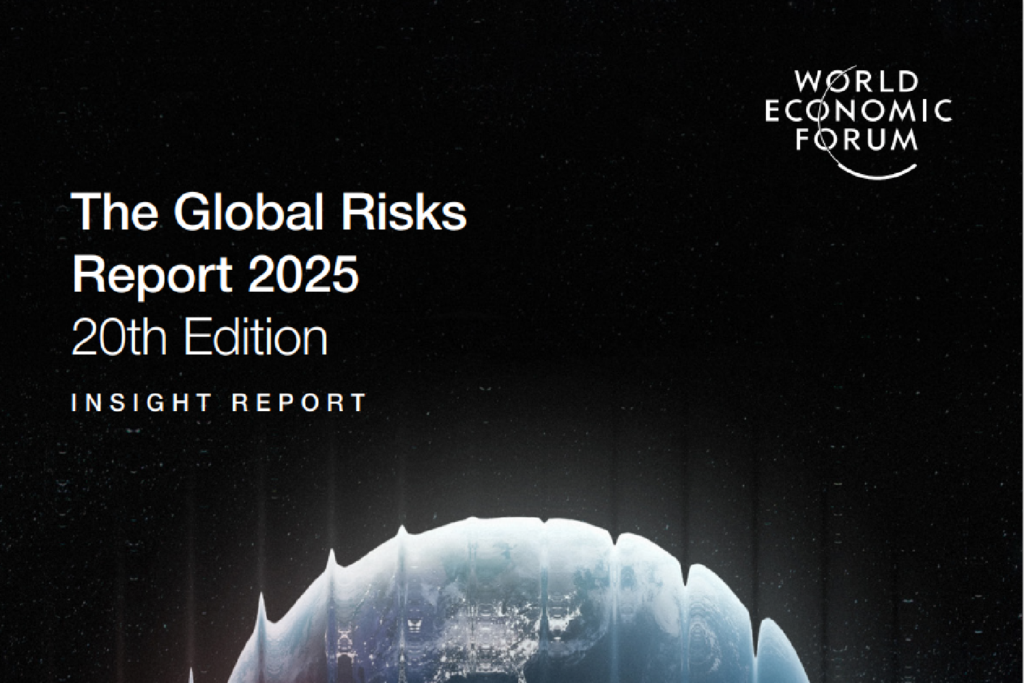Echoes of Uncertainty: Reimagining Complexity of Global Risks in the Shadow of the Russian–Ukrainian Conflict
The authors explore risk perceptions in Ukraine and Poland in the context of the ongoing Russian–Ukrainian conflict. Drawing on cross-sectional survey data, the research reveals significant differences in how respondents from both countries perceive a range of global threats. By comparing perceptions of multiple potential risks that individuals may face in the foreseeable future, the […]










